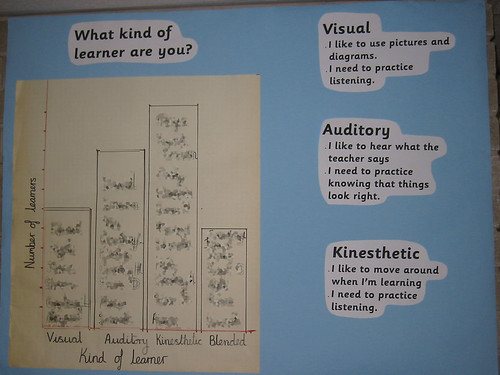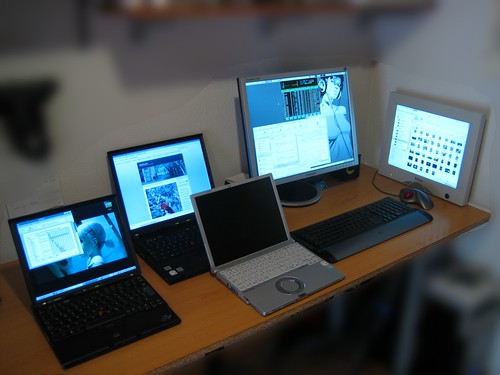I could use a multitude of words to describe my students. They certainly are diverse entities. Their most important attribute is their individuality. Thus as an educator, I have to be able to embrace complexity. Who are my students? I do not believe that there is a concrete answer to this question, as my students are ever-changing. However, this is a non-exhaustive list:
My students are…
• Digital natives
• Digital immigrants
• English learners
• ESL learners
• A Vision of Students Today
My students are visual, auditory, and kinesthetic learners. Thus I need to be able to instruct to these unique learning styles. I need to utilize diverse instructional practices that allow my visual learners to conceptualize content via pictorial images, my auditory learners to comprehend content via my tone/language usage (explanation), and my kinesthetic learners to have hands-on mobility. Therefore, I need to use technological-based, group-based, presentation-based, and experiment-based instructional content.
My students use technology for personal and professional purposes. They use technology to watch short and long video clips (YouTube, Hulu, etc.) find information (websites, databases, etc.), listen to music (Pandora, iTunes, etc.), communicate (social websites, email, SMS text, etc.), multi-task, and more.
Teaching diverse learners can be challenging. Ironically, the late Paulo Freire’s early era educational integration methodology can still be utilized today. Freire’s fully encompassed educational theory (three dimensional equation between the educator, pupil, and community) referenced in
Pedagogy of the Oppressed, still inspires me today. It serves as a reminder for me to continuously recognize these educational constituents as a suitable totality. "Education either functions as an instrument which is used to facilitate integration of the younger generation into the logic of the present system and bring about conformity or it becomes the practice of freedom, the means by which men and women deal critically and creatively with reality and discover how to participate in the transformation of their world" (Freire).


I love that quote from Friere, Shenika. I was lucky to be introduced to Friere in my first year of undergrad (as an Ed. Major) I was and I remain inspired by his vision of education as transformative, a practice of freedom, de-colonial.
ReplyDelete